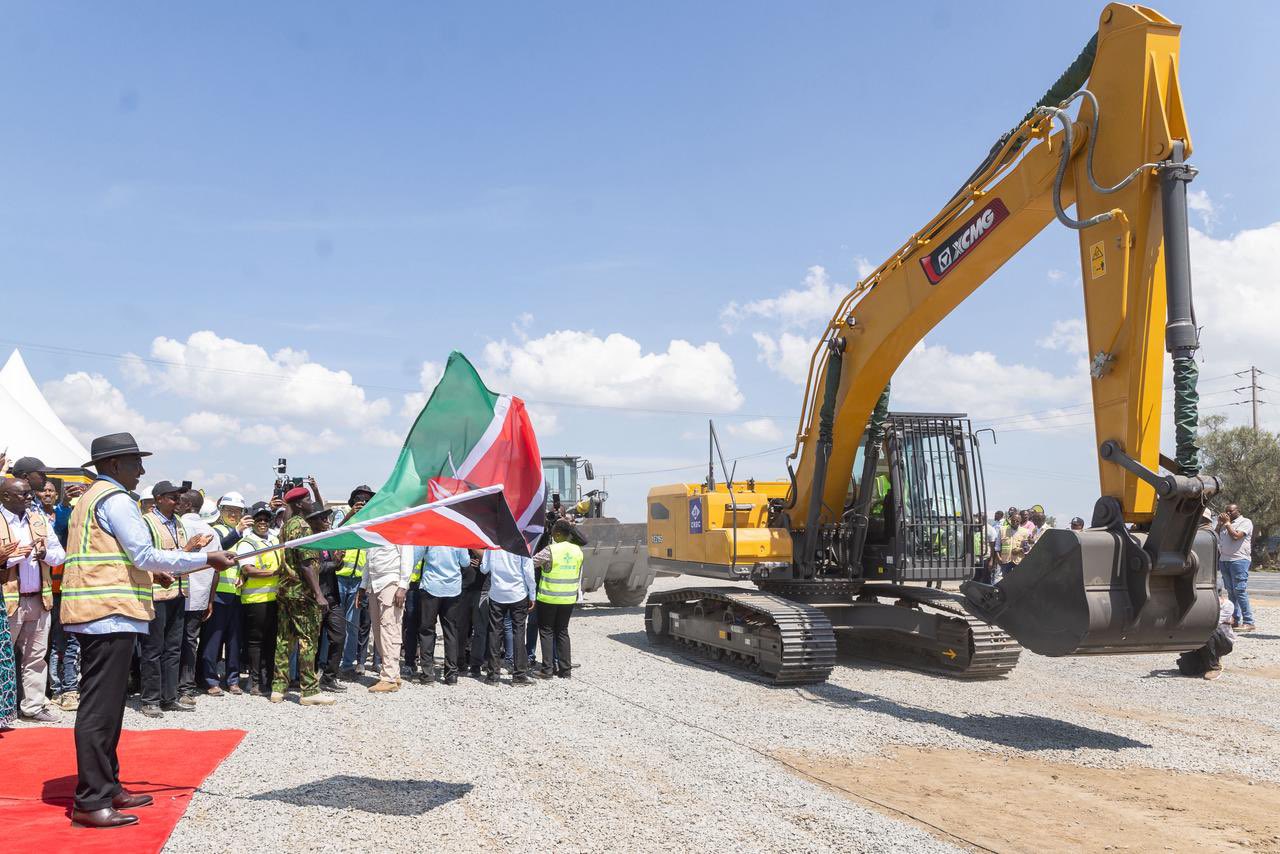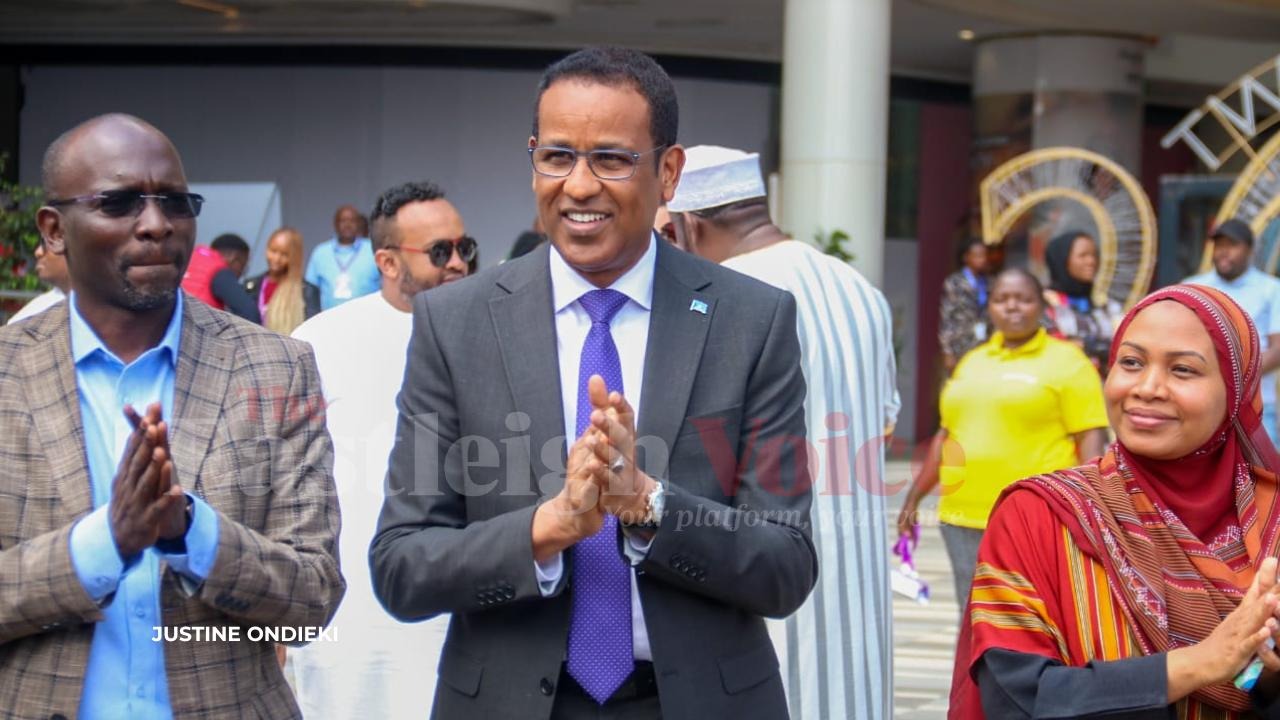Hope for learners as government announces plans to revive EduAfya medical scheme

Parents and education stakeholders are hopeful that reviving EduAfya will bridge the healthcare gap for students, ensuring they can access medical services when needed.
The government has announced plans to revive and expand the EduAfya medical scheme, ensuring all school-going children are covered.
This comes after the scheme, which ended on December 31, 2023, left over 3.4 million learners without medical insurance, sparking concern among parents and education stakeholders.
More To Read
- SHA transition sparks tension as teachers cite lack of consultation, legal violations
- Review meeting highlights barriers to immunisation, maternal health in Turkana
- Court of Appeal postpones hearing on constitutionality of Health Acts
- 1,567 injured police officers compensated, says Mwangangi as Senate pushes for transparency
- SHA announces refund process for mistaken M-Pesa premium payments
- Governors sound alarm as 934 newborns die amid funding row in health sector
Through the 2025 Budget Policy Statement, the National Treasury outlined its commitment to strengthening Universal Health Coverage (UHC) by introducing institutional and strategic measures. Reviving EduAfya is a central part of this plan.
"The government will scale up the scope of existing programmes such as EduAfya to encompass all school-going children, extending beyond its current focus on secondary school students," the statement read.
History and challenges
EduAfya was launched in 2018 by former President Uhuru Kenyatta's administration. Managed by the Ministry of Education, it initially provided medical coverage for over 3.4 million secondary school learners, with premiums amounting to Sh9.5 billion between 2019 and 2022.
However, the scheme faced financial challenges and was discontinued as part of the government's transition to the Social Health Insurance Act of 2023.
The Act replaced the defunct National Health Insurance Fund (NHIF) with three new health funds, including the Social Health Insurance Fund (SHIF).
The 2025 Budget Policy Statement also outlined enhancements to other healthcare programmes. The Linda Mama Programme, previously focused on prenatal care, will now offer comprehensive postnatal services.
The Afya Bora Mashinani initiative, which employs over 100,000 community health promoters to deliver healthcare in rural areas, will also receive additional support.
To improve the distribution of medical supplies, the government plans to establish regional Kenya Medical Supplies Agency (KEMSA) centres in Kisumu, Embakasi, and Mombasa, boosting access to essential medicines and equipment across the country.
Parents and education stakeholders are hopeful that reviving EduAfya will bridge the healthcare gap for students, ensuring they can access medical services when needed.
Top Stories Today















































